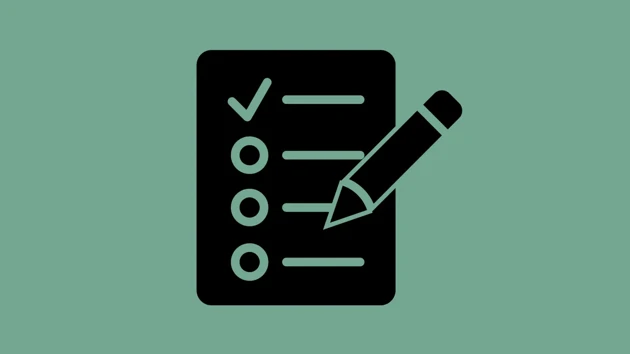Agreements for external use of research infrastructure
Sometimes agreements need to be signed between Umeå University and external users of research infrastructure. Some research infrastructures have predefined contractual terms and conditions for these types of user agreements. Umeå University has developed a comprehensive agreement template for research infrastructures that do not have their own templates.
Contact the legal officers at universitetsjurist@umu.se for access to the agreement template and for assistance with adapting it for your research infrastructure.
Read more about collaboration with external parties in general
Use the brochure for research collaborations
Share the brochure Research collaboration with Umeå University with your collaboration partner so they understand the legal requirements for collaborations.
User fees for external use of research infrastructure
Research infrastructures at Umeå University may charge external users fees up to the full cost of use. External users are those who do not belong to the University. That is, users from other higher education institutions, public authorities, regional health authorities, companies, and other organisations. Please note that if you are an employee at Umeå University and run a company, your company is regarded as an external user.
Fees for external users may be based on the total costs associated with providing access to the infrastructure, including staff, expertise and peripheral equipment. The legal basis for charging fees for research infrastructure use is the Fees for Research Infrastructure Ordinance (2022:1378).
For use of research infrastructure as part of contract research, user fees based on full recovery of costs must be charged according to Umeå University’s public service agreement. In this case, the legal basis for charging fees is the Ordinance on Administrative Fees (1992:191).
Charging a fee is not always required
If the research infrastructure is to carry out contract research for an external user, you must charge a fee. You must also charge a fee when the external user is a company owned by someone employed at Umeå University. The fee must cover at least the full cost of use. In some cases, the fee must instead be market-based (see further information below).
In other cases, you do not have to charge fees, and you may set different fees for different user groups. For example, you can set different fees for users from other public authorities and companies. Higher education institutions can also agree amongst them whether and what fees to charge, and it is possible to refrain from charging fees in research collaborations or as part of in-kind contributions.
How fees are determined or why no fees are charged must however be clearly stated and based on objective grounds.
Each infrastructure calculates its own fee
User fees for research infrastructures will vary depending on their circumstances. Therefore, each infrastructure needs to calculate its own fees
The calculation of the fees can be based on the total costs associated with providing access to the infrastructure, including staff, expertise, peripheral equipment, premises, depreciation, service agreements, electricity, consumables (gas and chemicals) and indirect costs.
Different fee models
Infrastructures also need to decide on the fee model most appropriate for them and the user groups in question, for example:
- an annual or monthly user fee and supplement it with a fee that is charged each time the infrastructure is used;
- price per hour, run, week or other suitable measure;
- an introduction fee or equivalent for an instrument or part of the infrastructure can also be charged; and
- an individual quote for each user.
Market-based fees for companies
The fee for other higher education institutions and authorities may be different from that for companies and organisations that are not publicly funded. To not distort competition in the market when selling to private actors, the fees must correspond to the market price. If this means that the University’s revenue exceeds the costs of the infrastructure, it may be necessary to pay the surplus to the state. When setting prices for companies, you must also consider state aid rules and competition legislation.
Support for determining user fees, accounting and other financial matters
The University’s Financial Office provides a spreadsheet template for calculating user fees. The template is available in Swedish only.
Download "Kalkyl forskningsinfrastruktur" (spreadsheet template, in Swedish)
Ask your local financial officer if you need help you with the full-cost calculation, accounting or other financial matters. If you are a financial officer and need support in managing the accounting, contact the Financial Office by email at ea@umu.se.
Benefits of distinguishing between external use and contract research
Fees for research infrastructure use and fees taken for contract research are registered in different base accounts (“baskonton”). The financial officer at the research infrastructure’s organisational host department or unit is responsible for ensuring correct accounting.
The separate accounting of external use and contract research have several advantages for research infrastructure directors:
- The fee that may be charged to external users may now be based on the total costs associated with providing access to the infrastructure, including staff, expertise and peripheral equipment.
- It is now easy to see how much revenue is linked to external use of infrastructures. This information was not previously available.
- This makes it easy to report the revenue from use to external funding bodies that require such reporting, such as the Swedish Research Council.
- You may adjust the fee to different circumstances and to different types of access.


